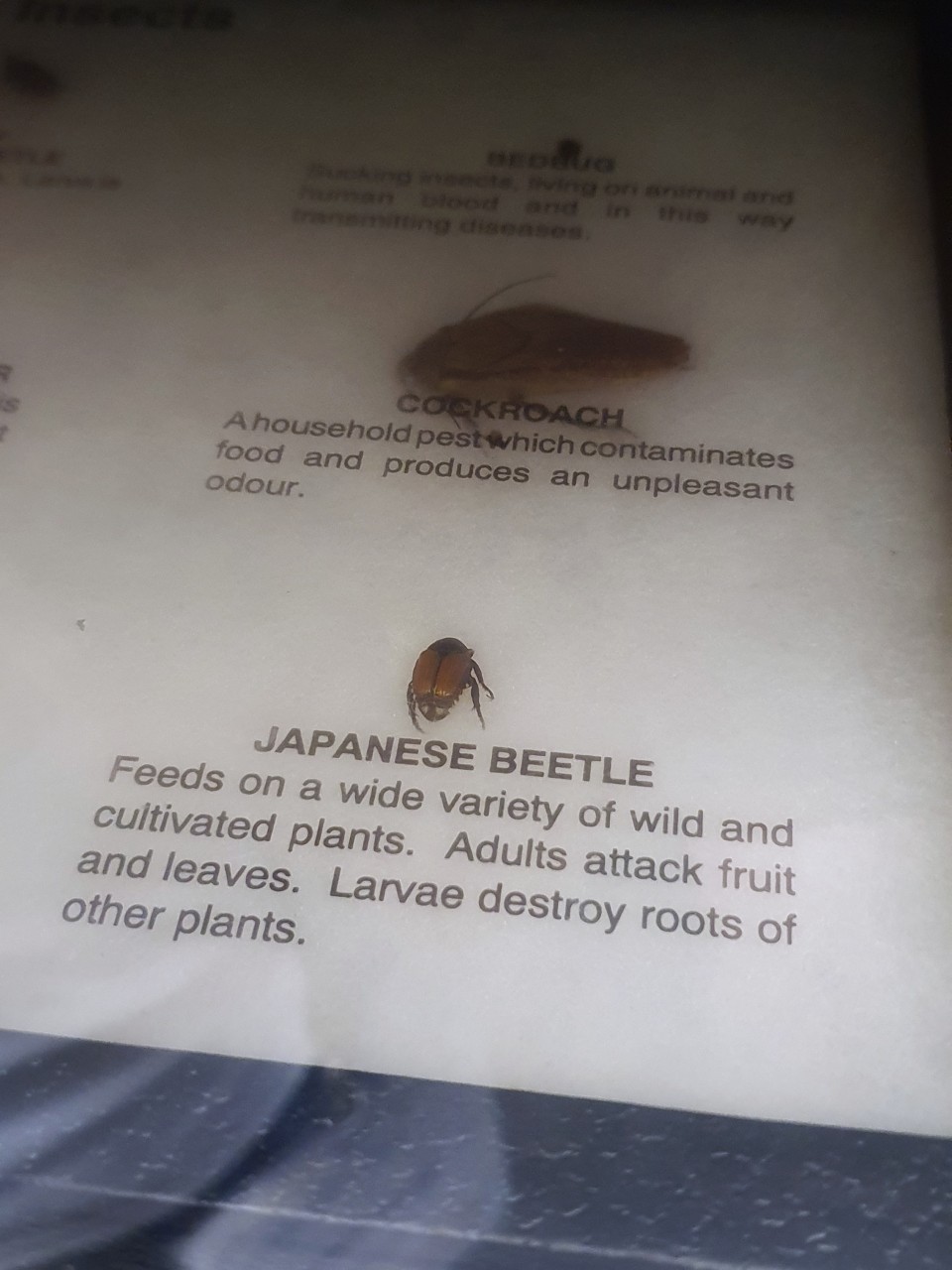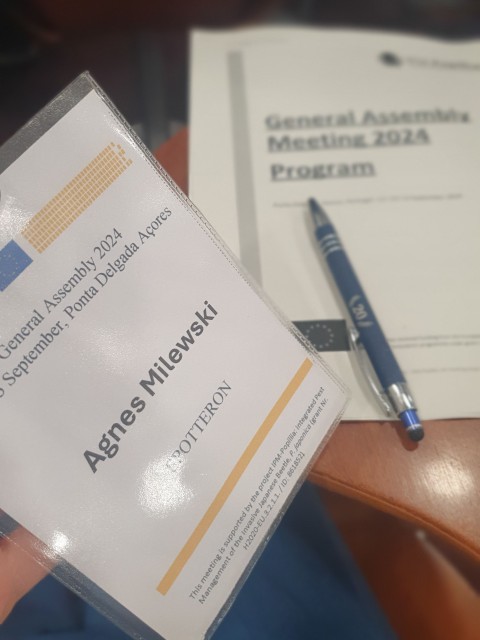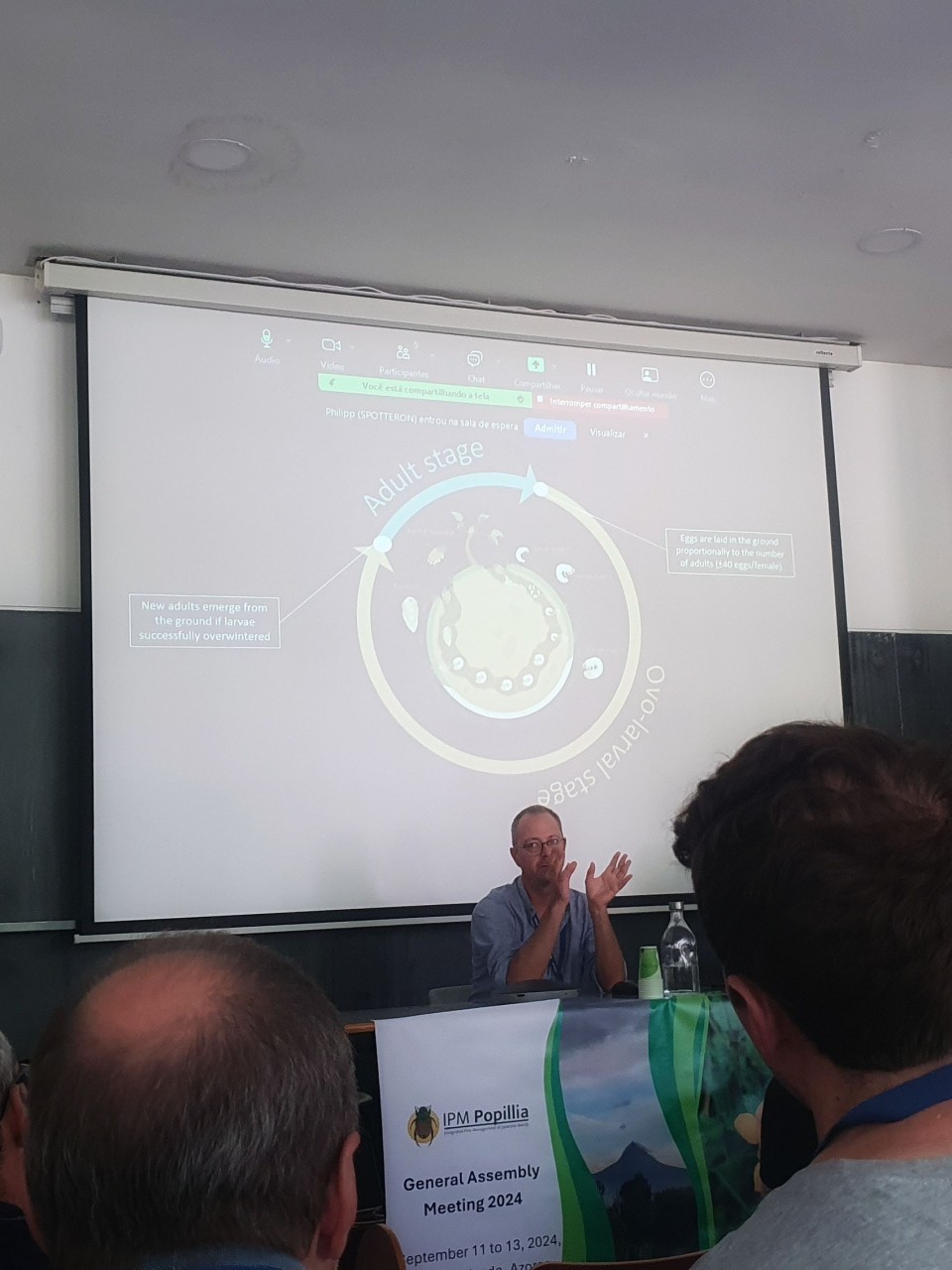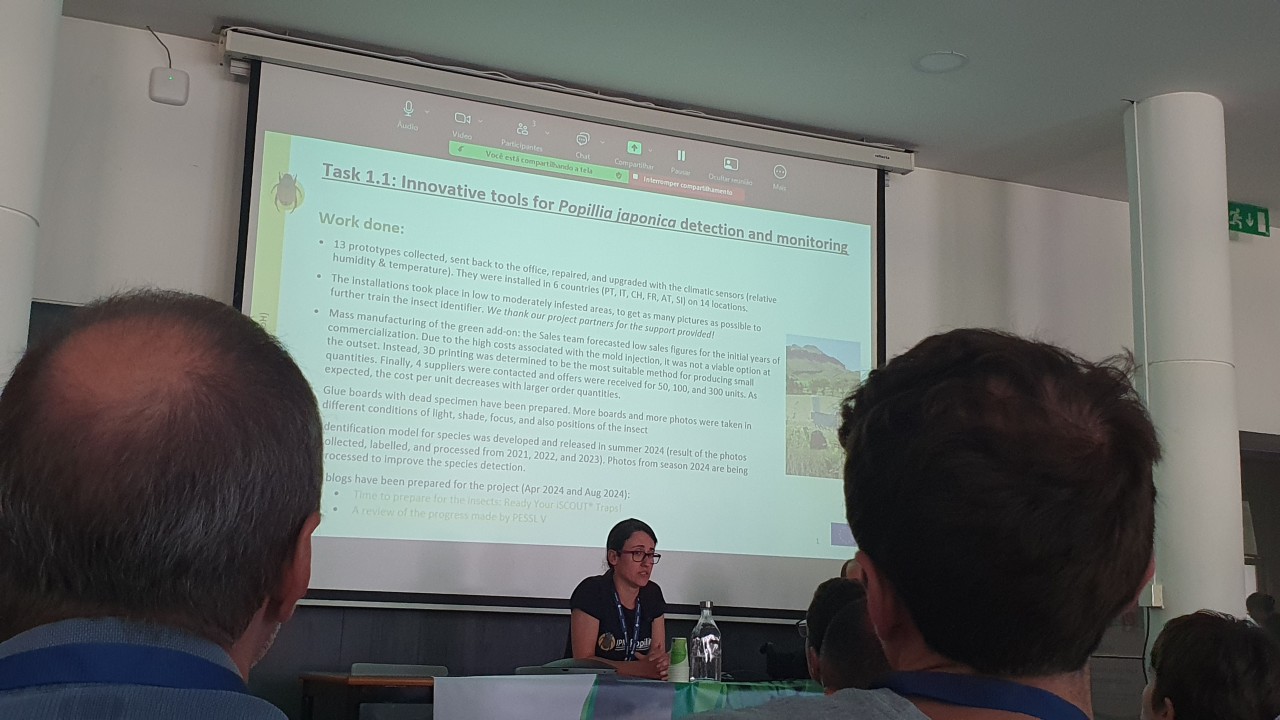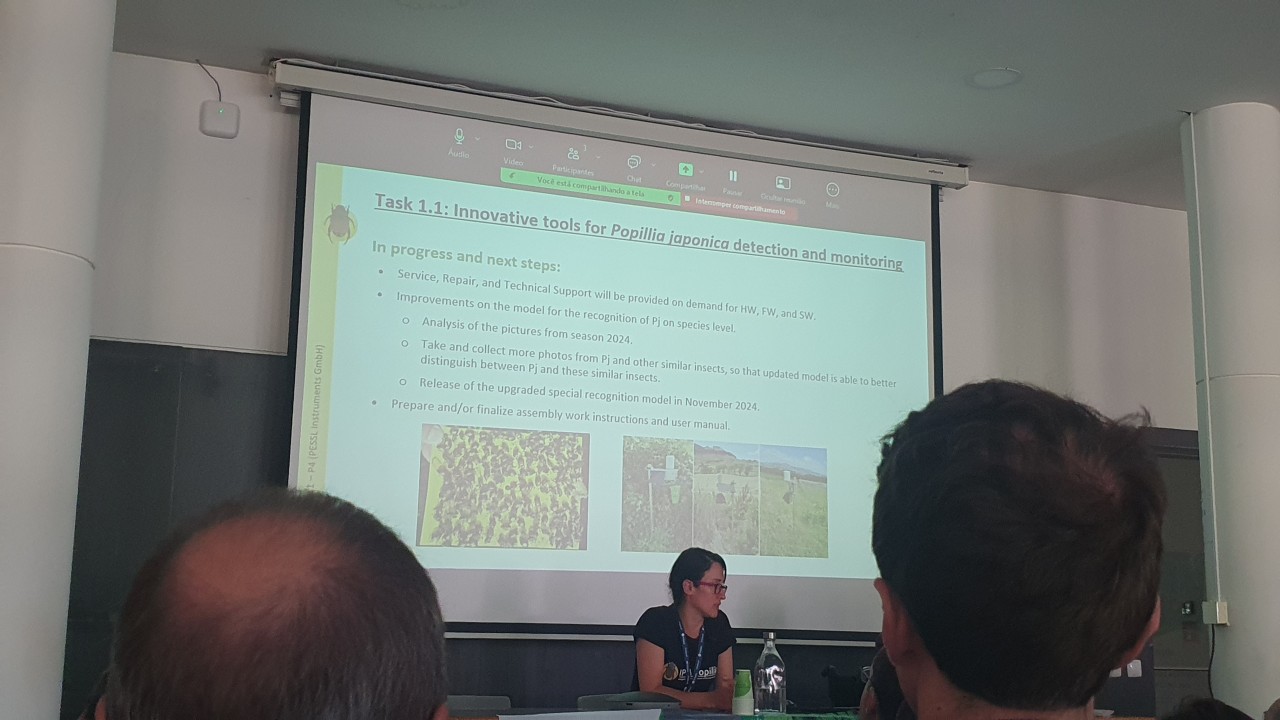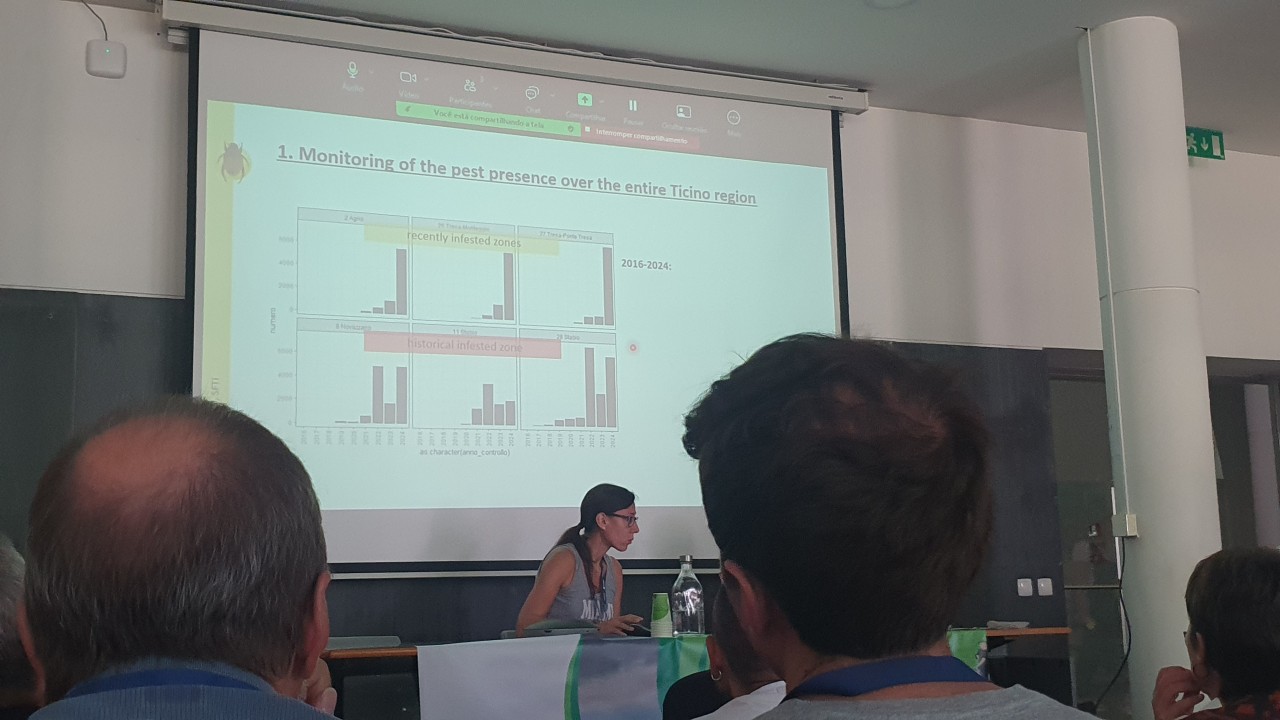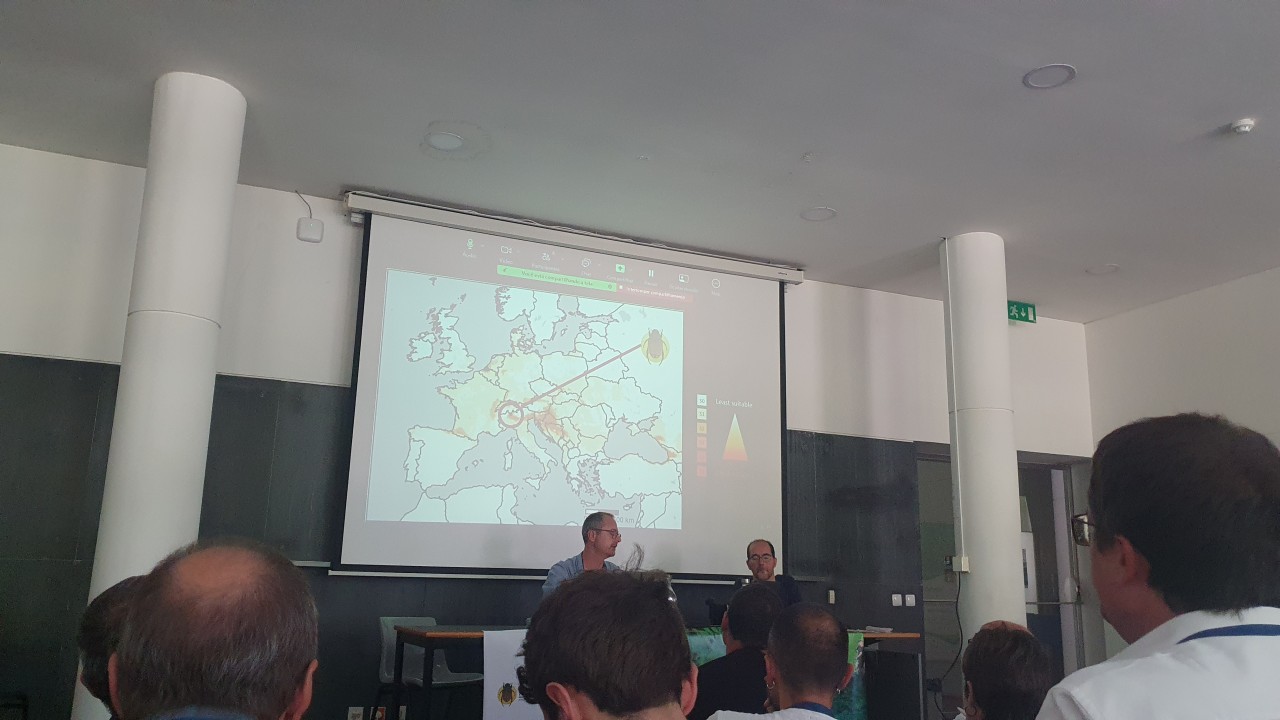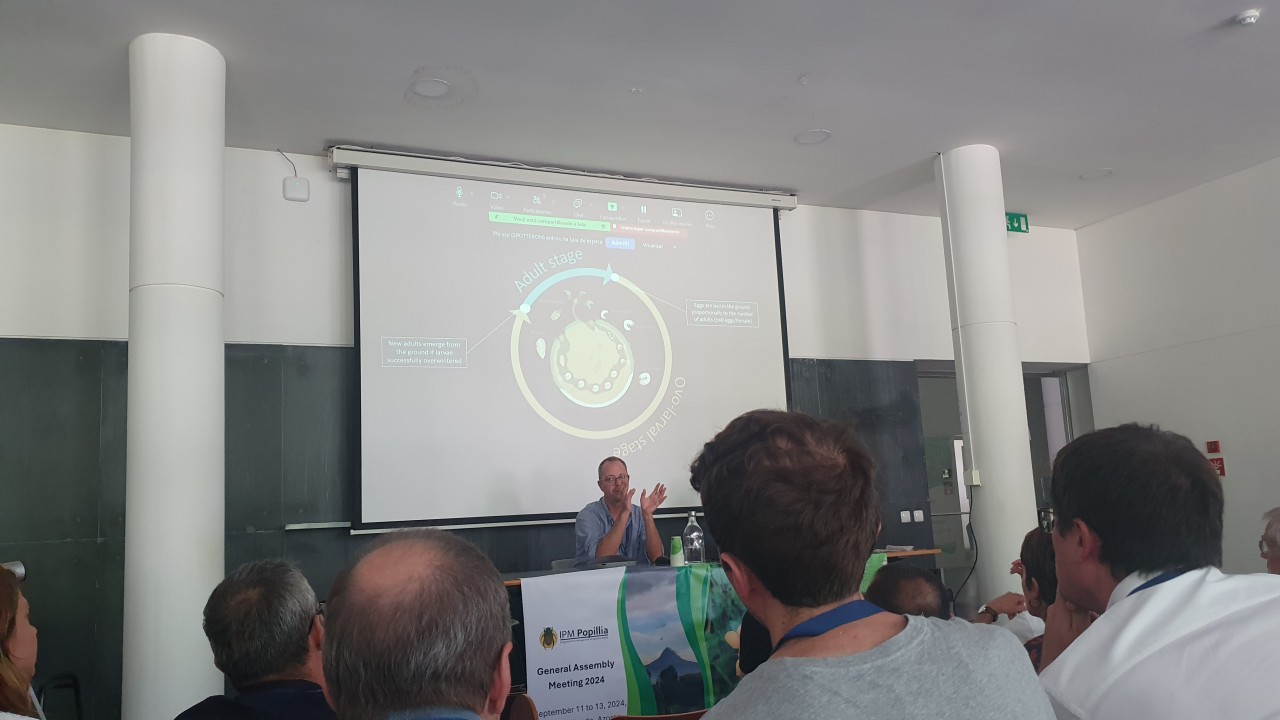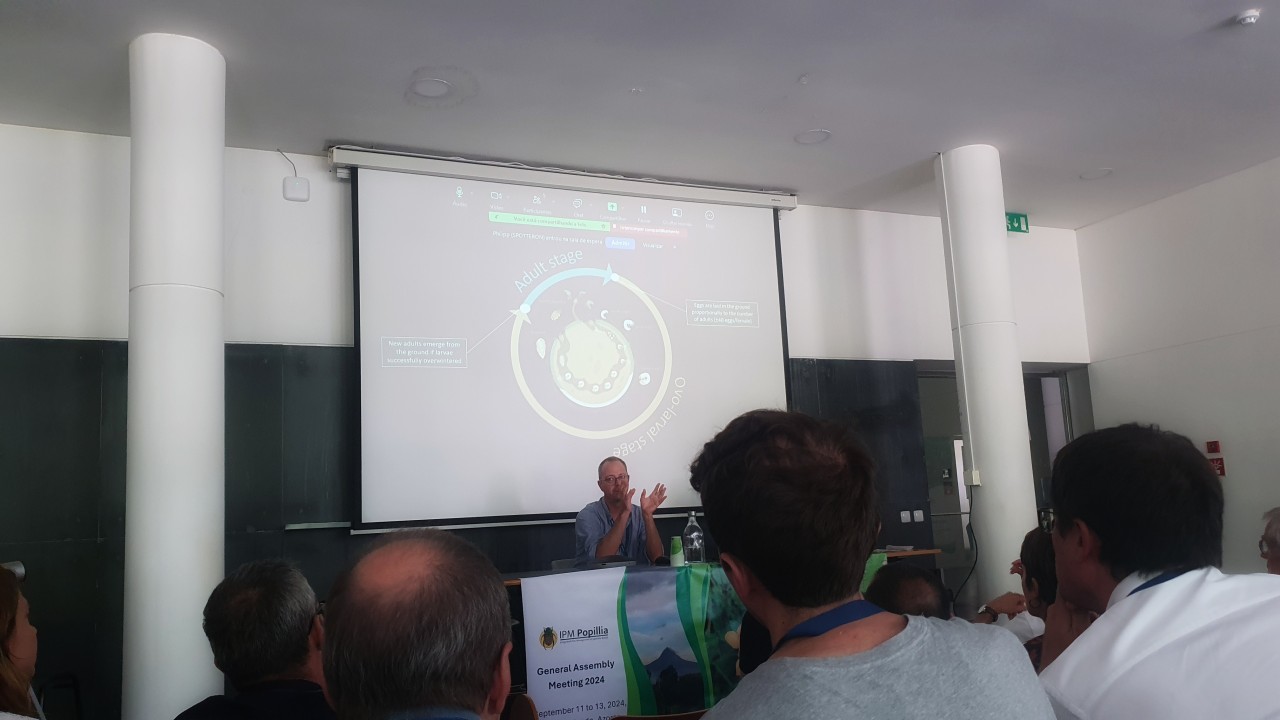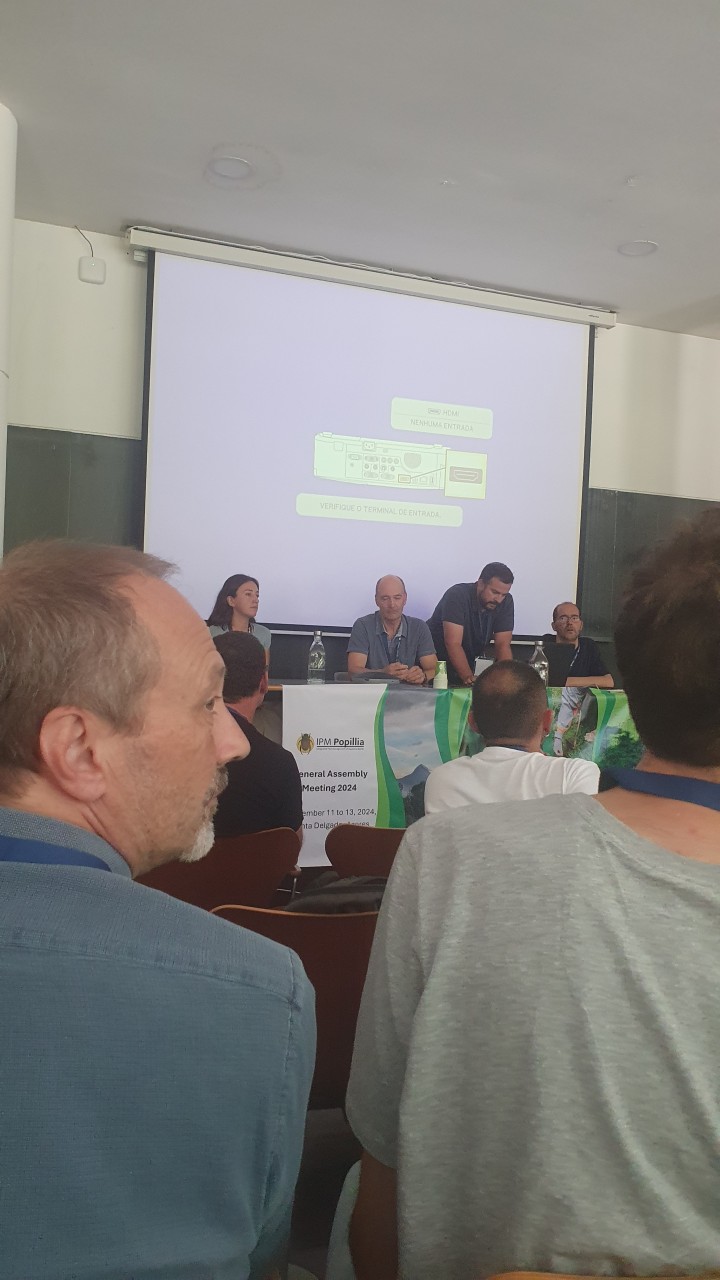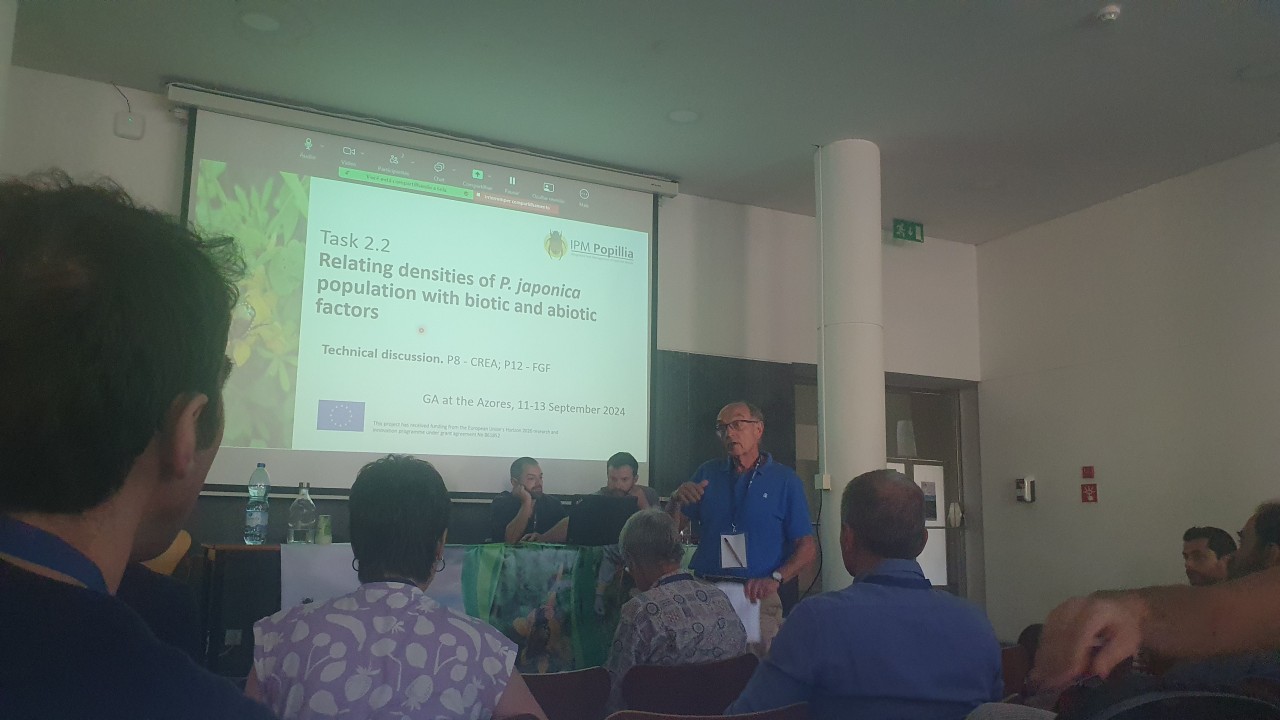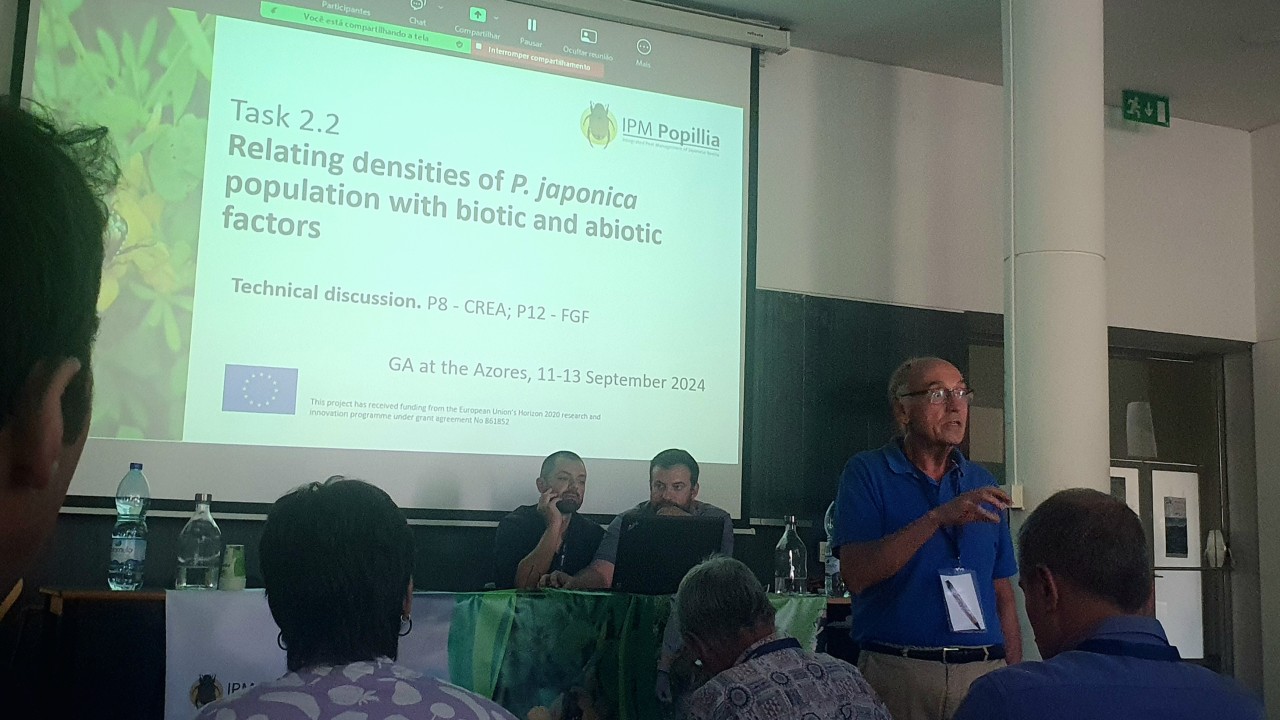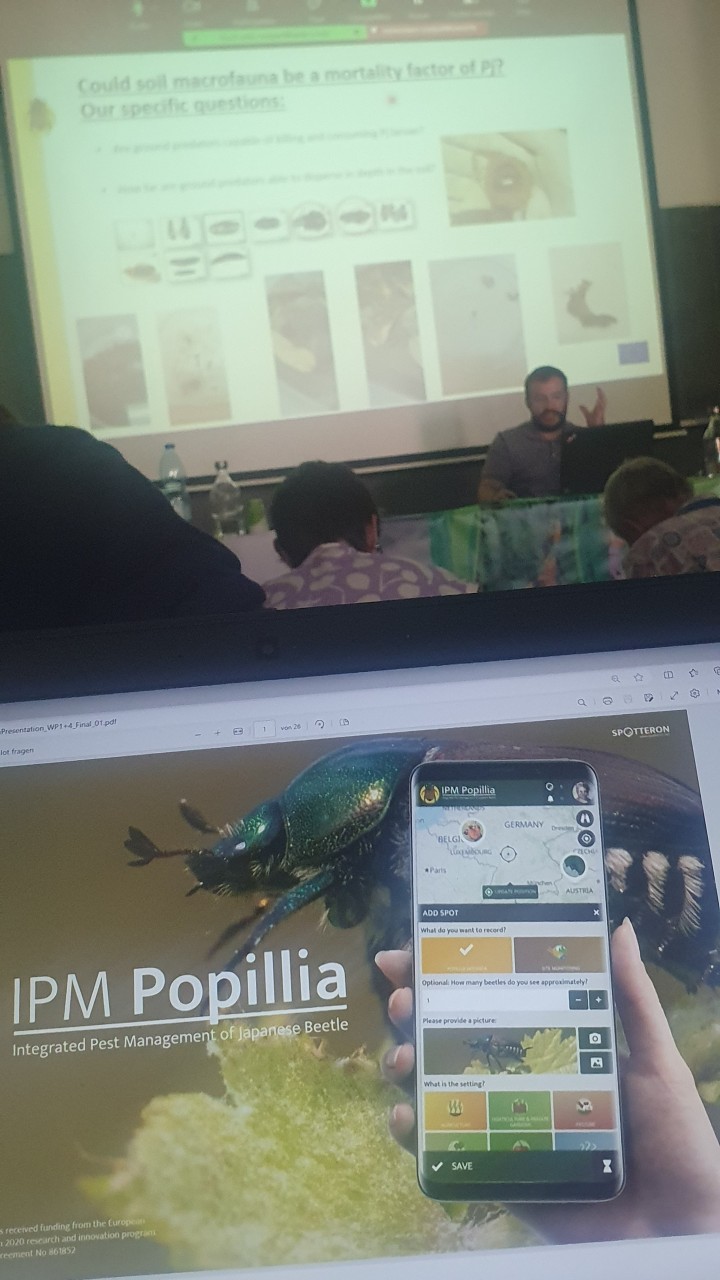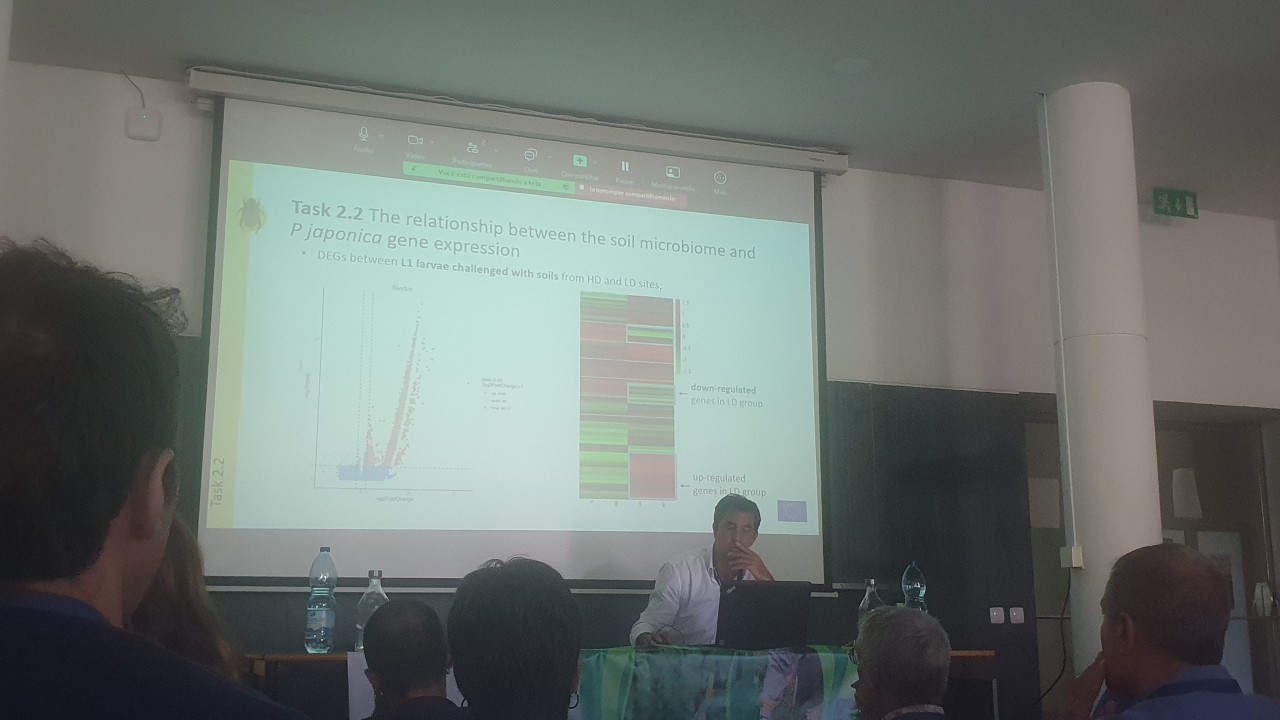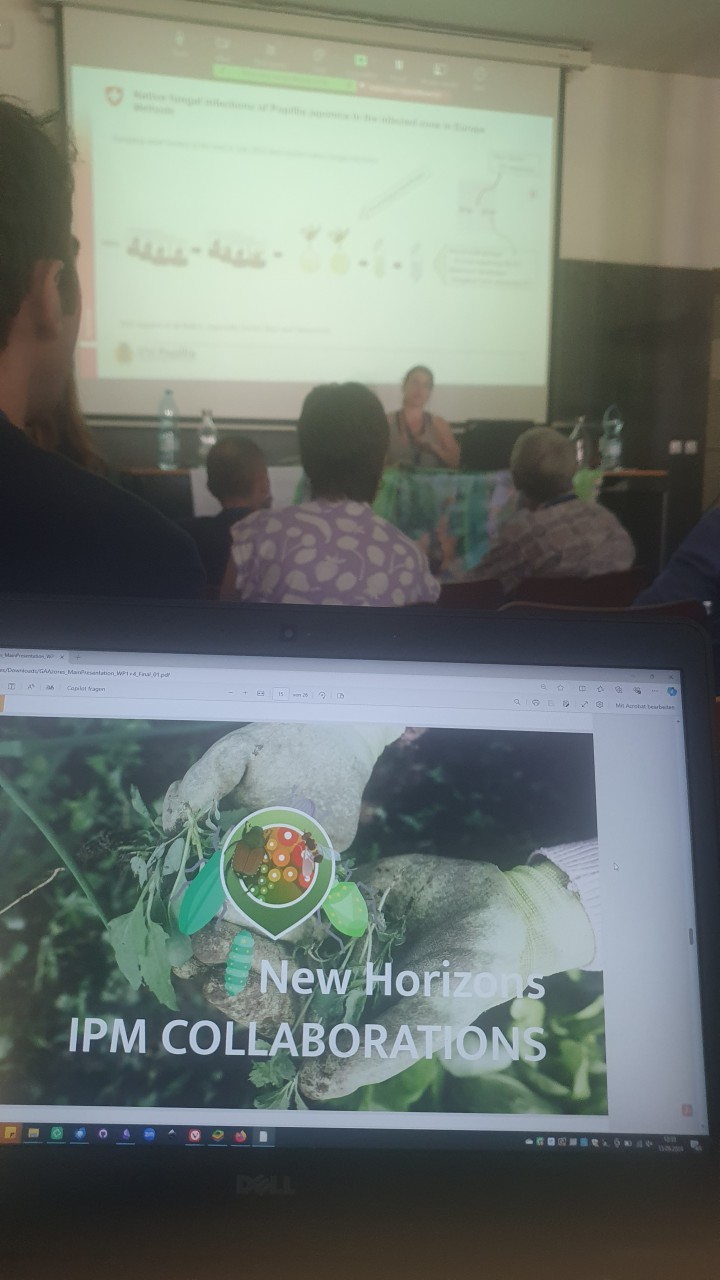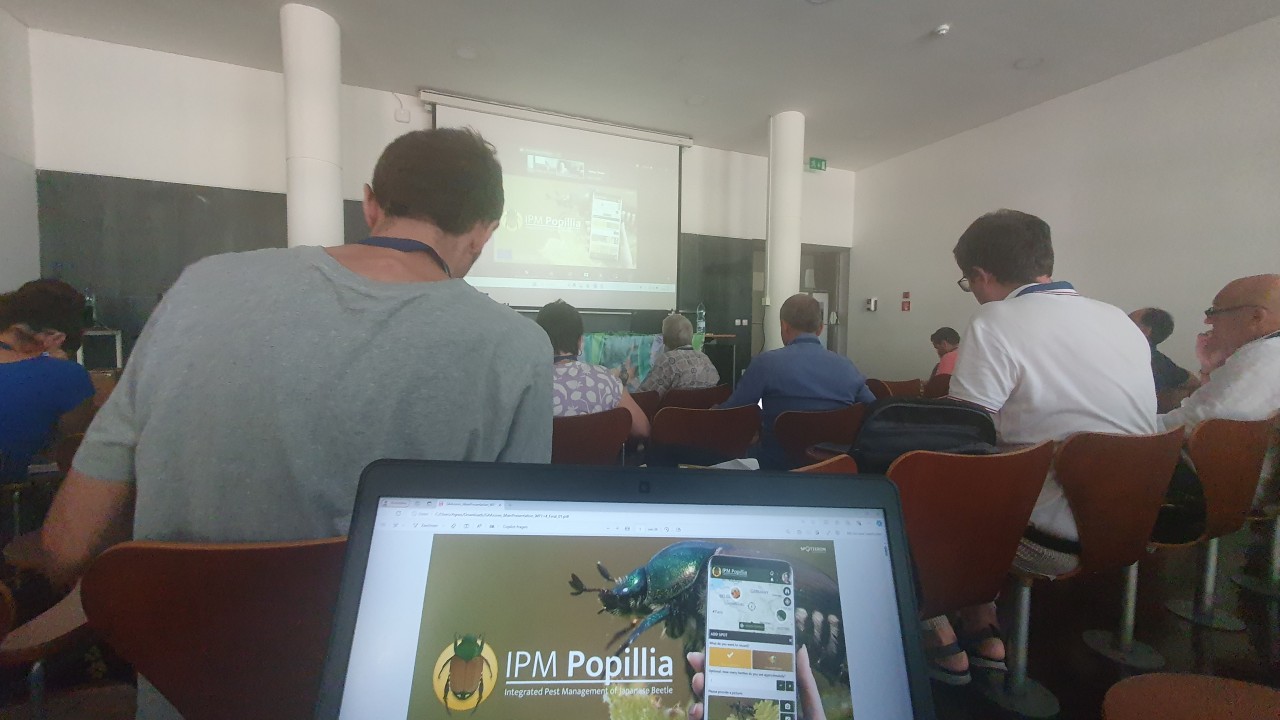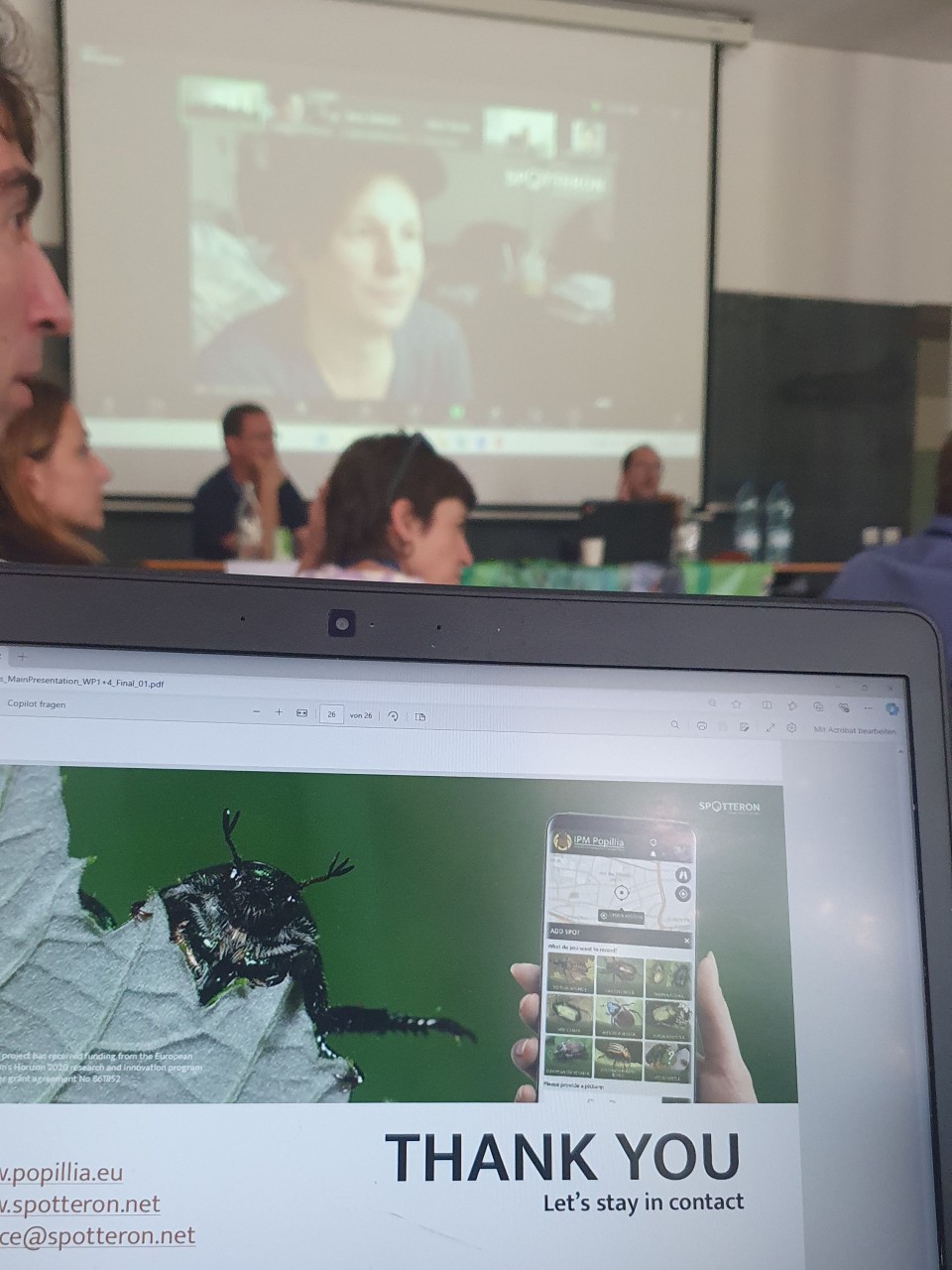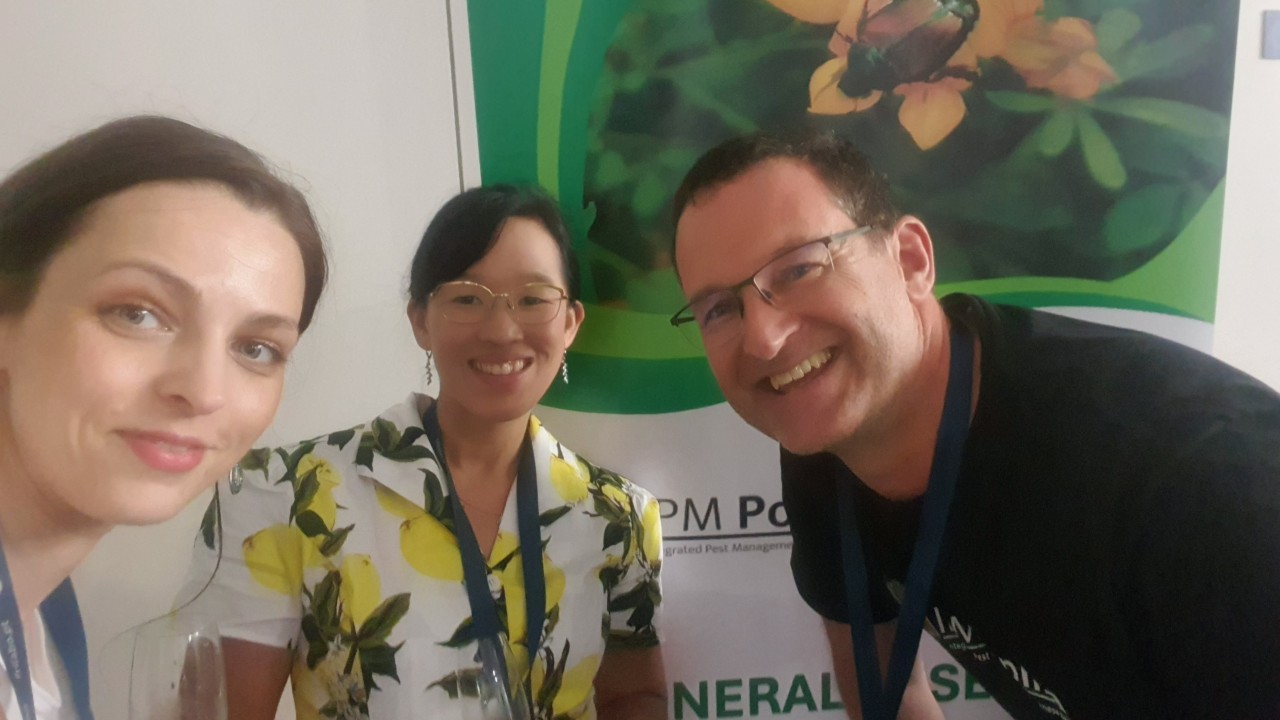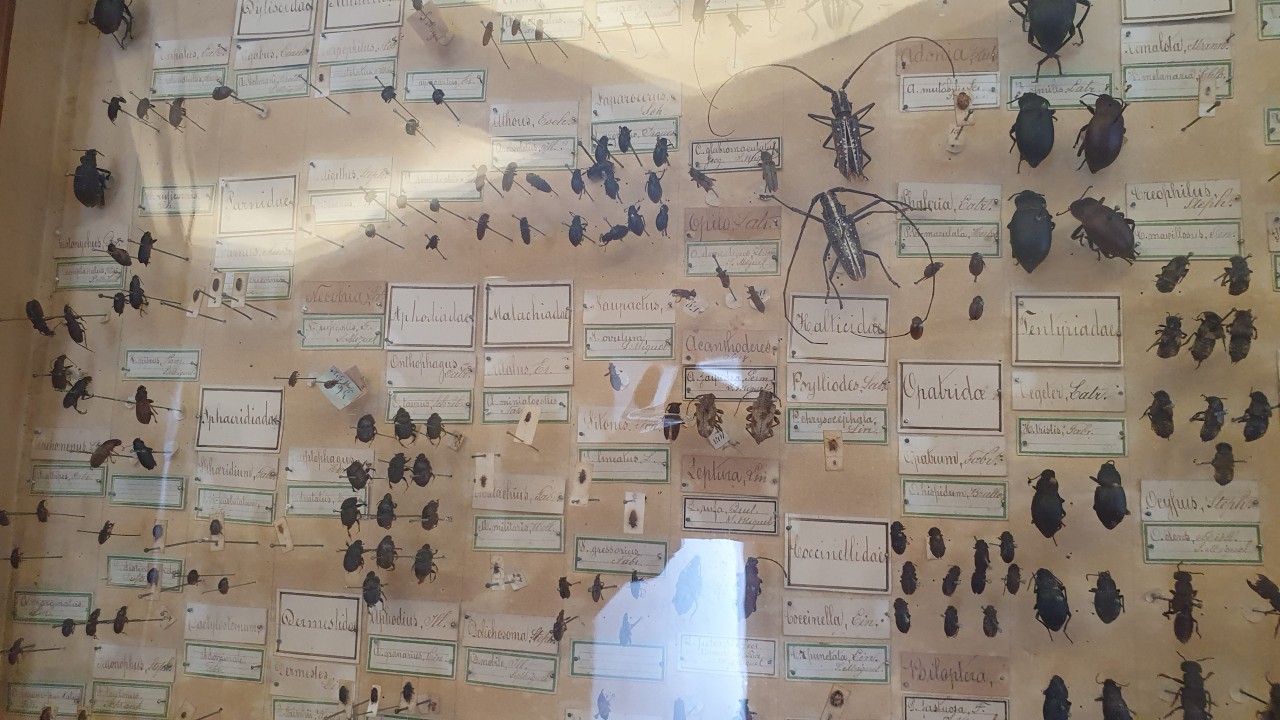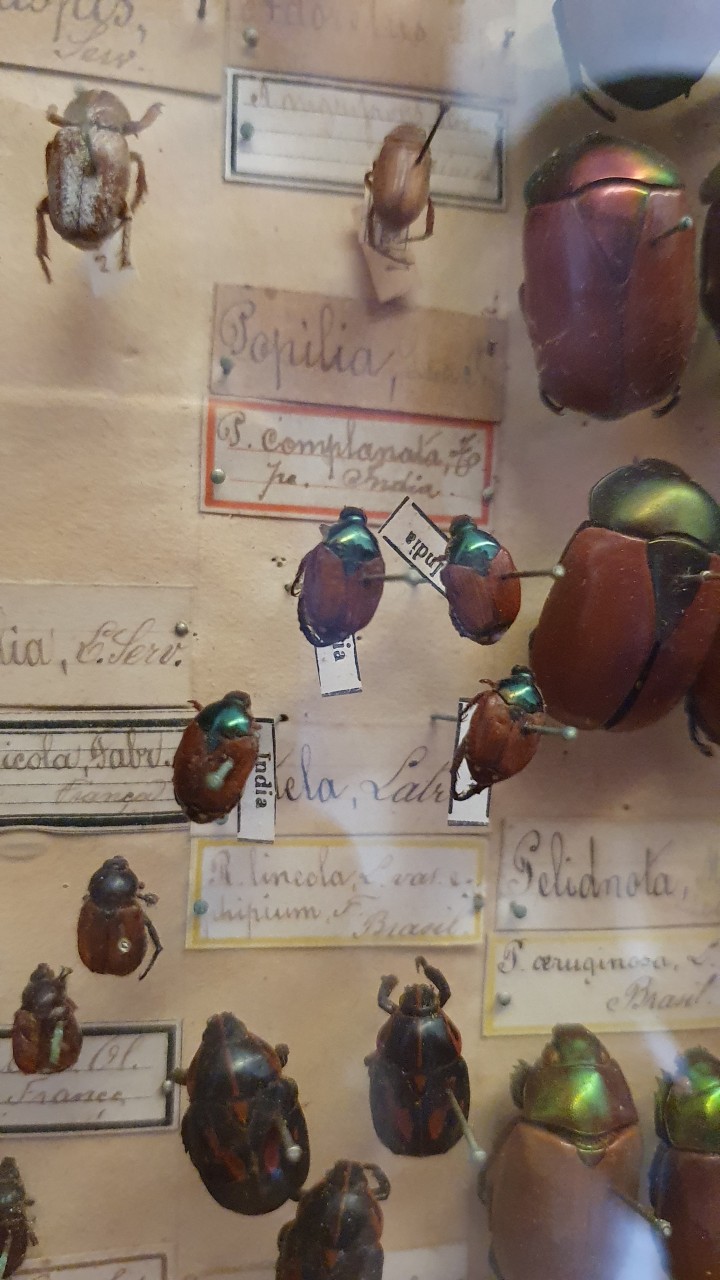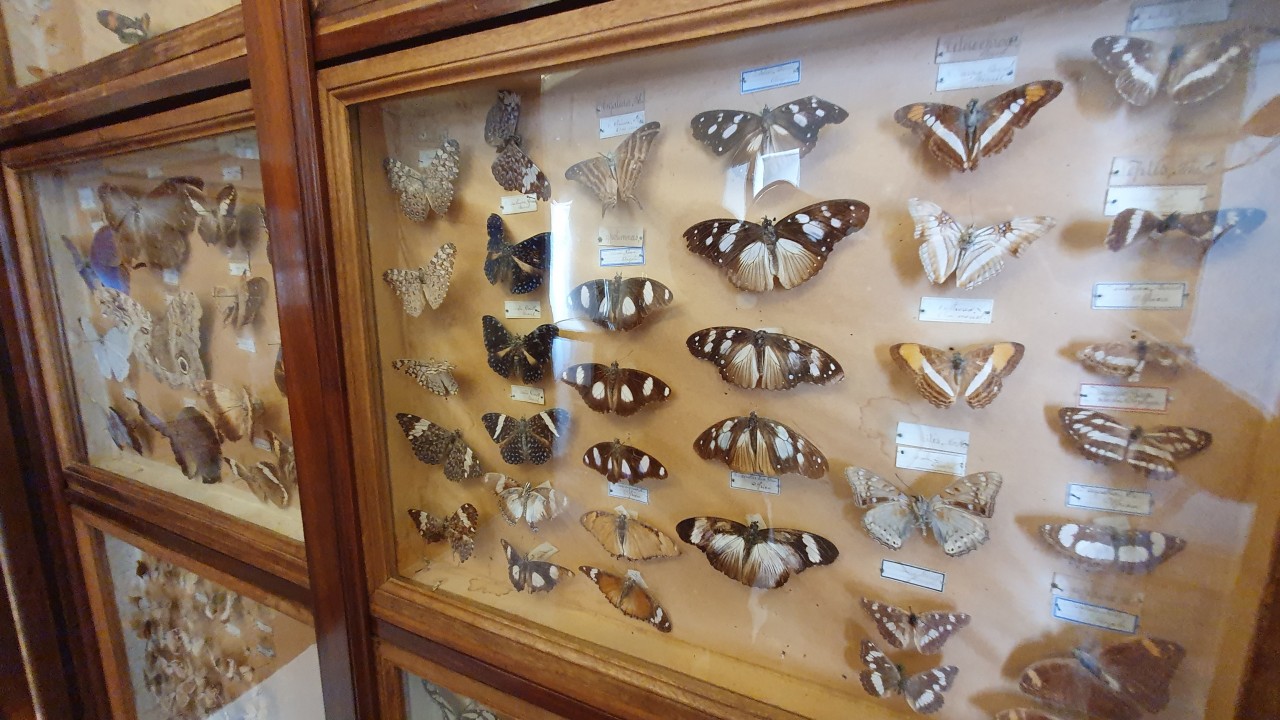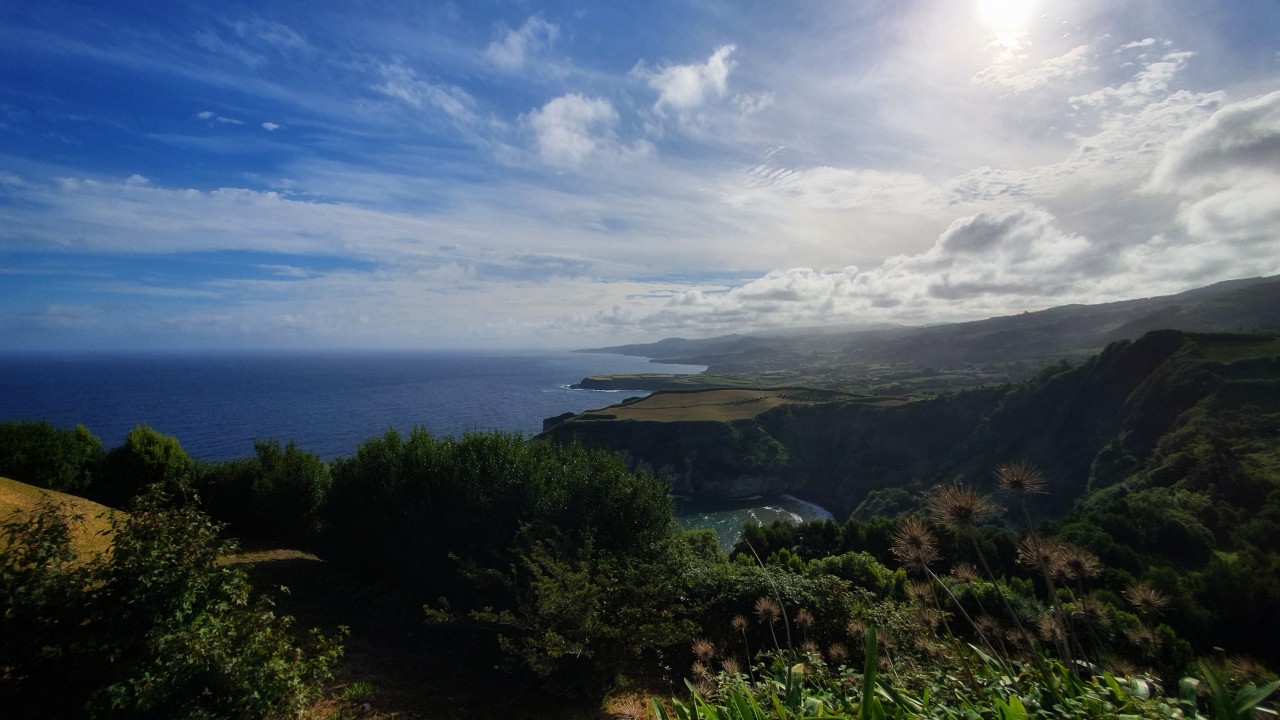General Assembly of the IPM Popillia Project in Ponta Delgada, Azores
The scenic city of Ponta Delgada, Azores, became the meeting point for Europe's foremost researchers and professionals involved in the IPM Popillia project. This two-day General Assembly, held on the 12th and 13th of September, 2024, focused on the ongoing efforts to develop effective Integrated Pest Management (IPM) strategies for controlling Popillia japonica—an invasive species with significant agricultural and environmental impacts. With participants from leading European research institutions, the event facilitated intense collaboration, strategic planning, and discussions on technical progress.
Arrival and Welcome to the IPM Popillia General Assembly
The Assembly started on Wednesday evening with a welcome cocktail at the University of Ponta Delgada, allowing everyone to meet and network in a relaxed atmosphere.
The official program commenced the following morning.
Starting at 9 a.m., Giselher Grabenweger (Agroscope) and Nelson Simões (FGF) welcomed all attendees, setting the stage for a productive assembly and providing an overview of the day's events.
The first presentation was dedicated to Work Package 4 (WP4), with a deep dive into Tasks 1, 2, and 3. Chaired by Johannes Sauer from the Technical University of Munich (TUM), this discussion focused on the economic, policy, and social aspects of IPM, reviewing the progress and challenges encountered so far.
A coffee break and picture op gave attendees a chance to refuel and connect over a common goal, capturing the event in a group photo.
The assembly resumed with a comprehensive discussion on Work Package 1 (WP1), chaired by Sylvain Poggi from INRAE. This session focused on Tasks 1, 2, 4, and 5, which involve monitoring the spread of Popillia japonica, field trials, and environmental risk assessments.
A well-deserved lunch break with locally grown food offered participants a taste of Azorean cuisine, providing energy for the intense discussions ahead.
In the afternoon sessions, Work Package 3 (WP3) was the main topic of discussion. Part one of the technical discussion, which was chaired by CREA's Leonardo Marianelli, focused on developing biological control strategies and went over Tasks 1, 2, and 3.
Following a brief coffee break, Gian Paolo Barzanti from CREA chaired the second session of the technical discussions on WP3. Tasks 4 and 5 were examined in this particular case, with a focus on improving the methods for controlling the Popillia population.
A social dinner at the wonderful Octant Hotel marked the end of the first day and provided a chance for casual networking and discussion on the events of the day.
Day 2: Progress, Innovation, and Next Steps in the IPM Project
Friday, 13th September
Giselher Grabenweger gave another hearty welcome and launched the second day with an update on the project's schedule and a focus on the significance of the upcoming discussions.
The assembly then moved into Work Package 2 (WP2), chaired by Nelson Simões. The focus was on biological control agents and task evaluations from the ongoing field trials (Tasks 1, 2, and 3), a critical aspect in developing sustainable pest management strategies.
After the coffee break, Philipp Hummer from Spotteron led the session on the WP1 App and the project's dissemination strategy (WP4). The discussion covered the latest innovations developed for the app, including the AI recognition system as well as the reporting system for the japanese beetle, and how to improve communication, both internally and with the broader public, using the app and website to ensure widespread adoption of the project's results.
After lunch, the afternoon was dedicated to a two-part discussion with the project's External Advisory Board (EAB) joining online. The first session, chaired by Giselher Grabenweger, focused on the progress and next steps for WPs 1 and 2, providing valuable external insights on how to tackle upcoming challenges.
The final technical session covered WPs 3 and 4, also chaired by Giselher, during which the team received feedback and direction on the biological control methods and socio-economic strategies developed.
Closing and Optional Excursions
After the formal discussions, attendees had the option of joining a visit to the local museum, offering a chance to unwind and learn about Azore's history and its unique and beautiful natural environment.
The assembly concluded with a farewell dinner at one of the many restaurants in Ponta Delgada's marina, marking the end of a highly productive two days.
Looking Forward: Key Outcomes
This last General Assembly in Ponta Delgada was an important event in the IPM Popillia project, bringing together various specialists to exchange their perspectives, address issues, and plan future steps. With notable accomplishments made across all task packages and a clear route ahead, the project is well-equipped to make significant contributions to Popillia japonica management while also protecting European agriculture and biodiversity.
As the team addresses the future, implementing these pest management measures will be crucial for the long-term health of ecosystems and agricultural landscapes affected by this invasive species.
By accepting you will be accessing a service provided by a third-party external to https://www.popillia.eu/





